DOCTOR WHO – ‘The Giggle’
The giggle of a mysterious puppet is driving the human race insane. When the Doctor discovers the return of the terrifying Toymaker, he faces a fight he can never win.
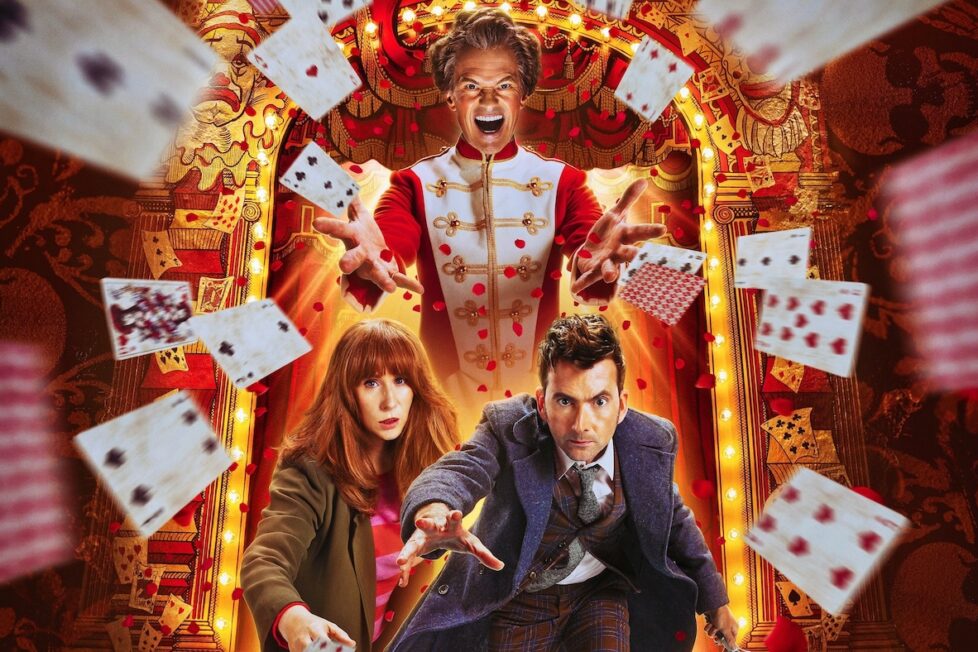
The giggle of a mysterious puppet is driving the human race insane. When the Doctor discovers the return of the terrifying Toymaker, he faces a fight he can never win.


The last of Doctor Who’s 60th anniversary specials, “The Giggle”, was a breathless and creepy extravaganza that brought back a 1966 villain from William Hartnell’s era, the Celestial Toymaker (Neil Patrick Harris). Continuing from last week’s cliffhanger, The Doctor (David Tennant) and Donna (Catherine Tate) found themselves amid a chaotic London of rioting people, only to be whisked by helicopter to UNIT’s new skyscraper to be briefed on the situation by Kate Lethbridge-Stewart (Jemma Redgrave). It seems mankind’s brainwaves have been altered, turning everyone insane through a mix of paranoia, irrationality, and an unshakeable belief their own opinions are superior to others. Sound familiar, anti-vaxxers? But who or what has caused this?
The first three quarters of “The Giggle” offer unassailable sci-fi larks and cleverness from Russell T. Davies. The opening flashback to 1925 Soho effectively sets the scene with a fun tweak to actual history as Charles Banerjee (Charlie De Melo), assistant to famed inventor John Logie Baird (John MacKay), purchases the head of a ventriloquist’s doll (“Stooky Bill”) to be the subject of the first ever television broadcast, with the man who sold it to him being the aforementioned Toymaker. The fact this broadcast has thus been infected with a “giggle” of laughter which has slowly driven the population of Earth crazy is a great idea that made enough sense to work, certainly compared to many other Who stories of the new era.
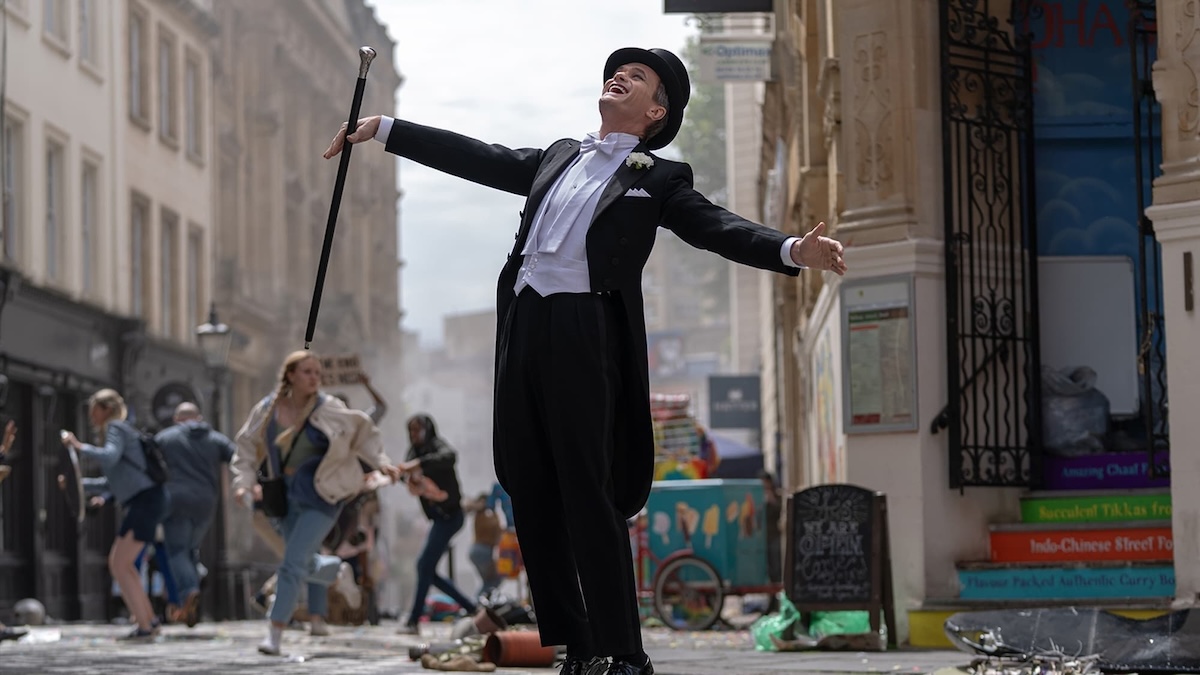
What also worked magnificently is the sense of threat and menace posed by the outrageously camp and racist Toymaker, particularly after The Doctor and Donna traced the origins of the giggle to 1925 and were trapped in his London emporium’s maze of hallways and rooms. A sequence where The Doctor finds Banerjee transformed into a life-sized marionette, his bulbous human head stuck atop a wooden body, puppeteered using strings by the enormous Toymaker above, was genuinely nightmarish stuff. And a moment with Donna encountering a gang of creepy dolls, that eventually attacked her, was likewise easy to imagine terrifying kids because it wasn’t too far removed from modern horror films for adults. The scene was set for The Doctor to grapple with a Machiavellian villain who felt like an adversary it would be tough to defeat; and if The Master can be seen as Doctor Who’s Joker on the enemy tier list, the Toymaker was giving off Riddler vibes with his focus on lethal but fair gameplay.
Unfortunately, the story then began to lean on old tricks familiar from previous Master storylines RTD wrote. The Toymaker’s invasion of UNIT, set to the music of the Spice Girls’ “Spice Up Your Life”, with him turning bullets into red confetti and trapping soldiers inside bouncy balls, was a huge amount of fun and contained several laugh-out-loud moments of creativity and silliness. But it was also very much evoking The Master’s similarly unhinged behaviour during “Last of the Time Lords”, bopping around to the Scissor Sisters, or even when disguised as Rasputin in “The Timeless Children” and dancing to Bony M.
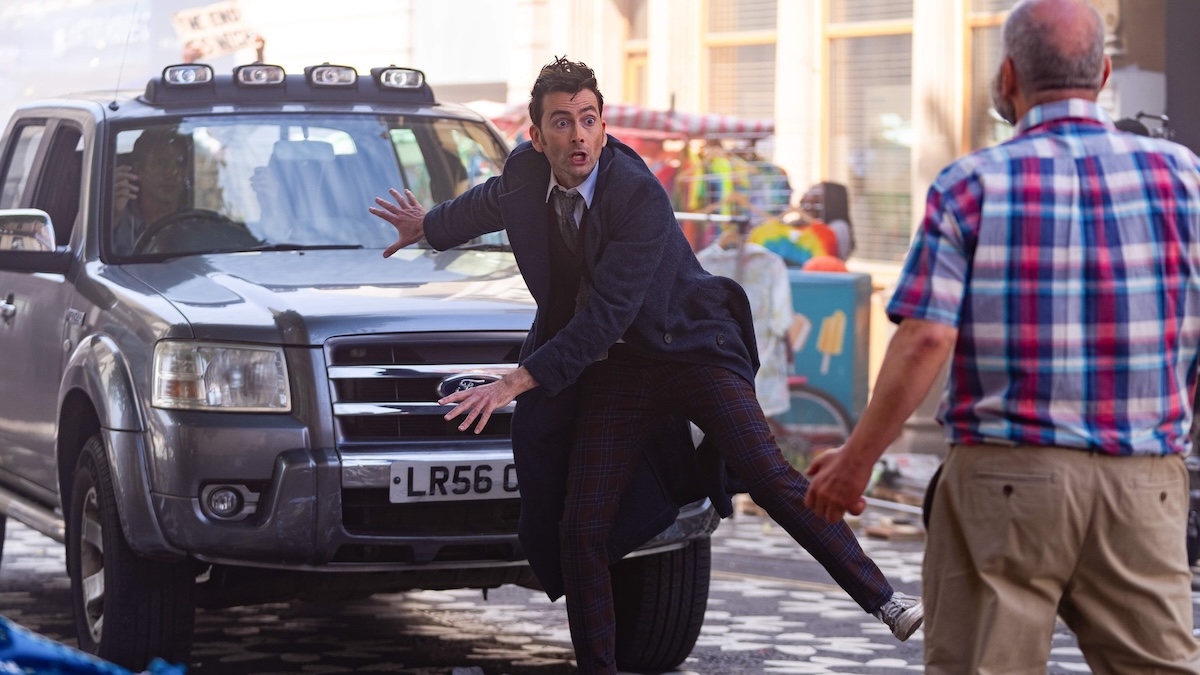
The Toymaker’s musical set-piece was on a different level of invention and production value, absolutely, but it was the first sign of an exciting character slowly adhering to overused tropes. Indeed, by the end of the special, the initially compelling idea that the Toymaker is obsessed with games and toys had almost melted away into nothing, as it felt like RTD didn’t have any devilish games for him to play. This is the era of Squid Game, too! The first game involved simply cutting a deck of playing cards to see who would get the card of the highest value (yawn), while the second was… catching a ball and the loser is whoever drops it. It was a crushing disappointment after the Toymaker’s masterful plan of hiding a giggle inside the airwaves, and with Harris clearly relishing this role so much.
Of course, conversation will be dominated by RTD’s divisive handling of the Fourteenth Doctor’s regeneration more than anything else. It was almost certain to happen and it’s become hard to do something new with transfer from one Doctor to another, but RTD unfortunately decided to change decades of established lore by delivering a “bi-generation”—where the Fifteenth Doctor (Ncuti Gatwa) emerged from Fourteen’s body after he was pulled apart like a Christmas cracker by Donna and erstwhile companion Mel (Bonnie Langford).
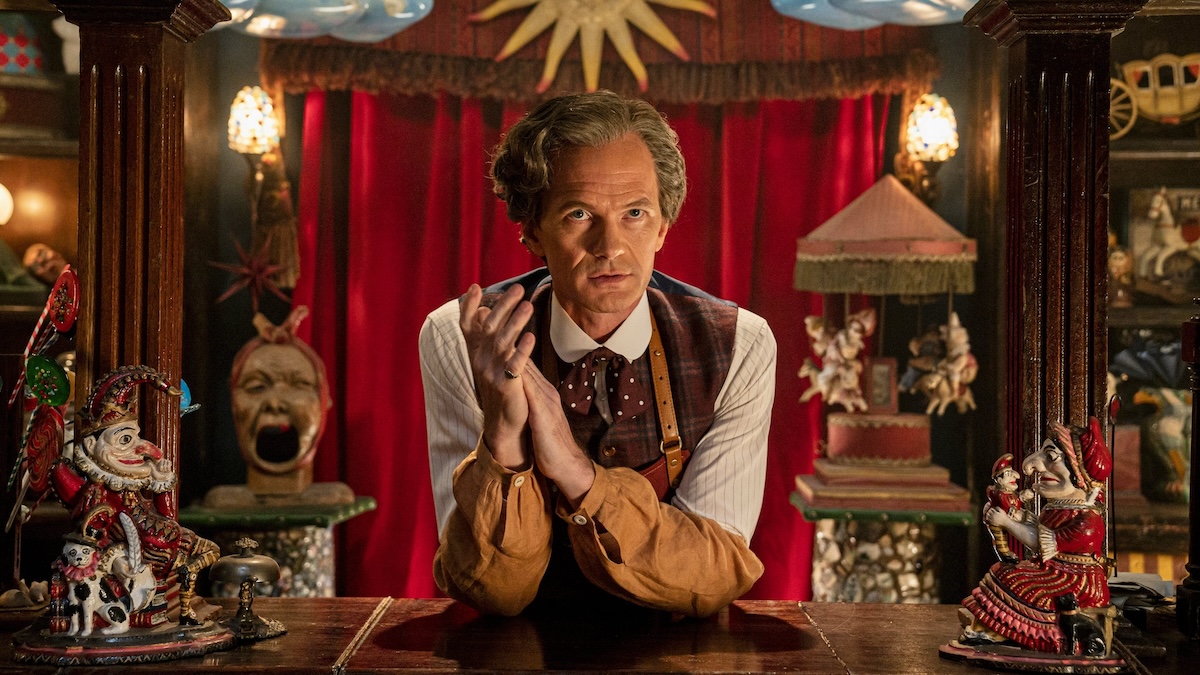
So, rather than have Fourteen transform into a new form after getting zapped by the Toymaker’s galvanic beam, he instead magically healed after “birthing” his own physical replacement and lives on separately. So there were suddenly two Doctors with the same minds but different bodies, who joined forces to defeat the Toymaker (in the aforementioned tedious game of catch), then decide how best to deal with their dual existence.
The two-Doctor solution proved more controversial than the “bi-generation” itself, as Fourteen was talked into retiring to live with Donna and her family, while Fifteen duplicated the TARDIS (umm, with a magic mallet) and headed off for his own adventures when the show resumes with a Christmas special.
It’s certainly a huge creative swing from RTD, on par with the similarly controversial decision to rewrite The Doctor’s origin as the inexplicable ‘Timeless Child’ who gave rise to the Time Lord’s ability to regenerate. I don’t begrudge the show choosing to do something radical for its 60th year as a demarcation point, but there didn’t seem to be any real point behind it. It just enables David Tennant to be parked as The Doctor, maybe dragged out of retirement for other specials if the ratings drop again, but it makes me wonder why RTD has such a problem letting that actor go.
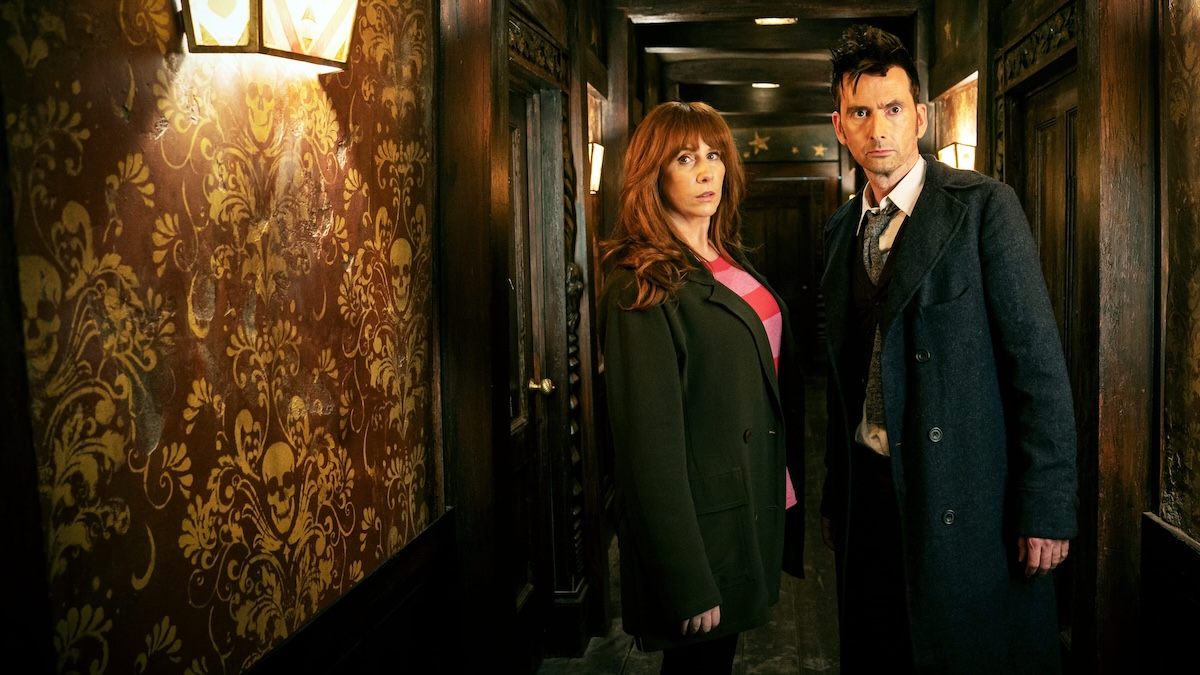
In his original 2005–2010 run, a version of “bi-generation” had already been done, only with a human clone of the Tenth Doctor being created that lived happily ever after with Rose. This idea worked (just about) because that copy had to live in a separate universe as a human being to grow old and eventually die, whereas now we have two Doctors treating our present day in 2023 as “home”. I wonder what happens when Fifteen inevitably has to save the world from another Dalek invasion, knowing Fourteen is maybe sat in Donna’s garden twiddling his thumbs. Does he go ask for help? Would Fourteen idly sit by in retirement as the human race is endangered, assuming his successor will handle things? None of it sits right with me, conceptually. And while some say it’s always been technically possible for The Doctor to seek out his own help across time, it’s only ever happened in the direst of situations, often not intentionally, and there’s always a sense it’s dangerous to rely on.
Also, while not yet canonical on the show itself, RTD has apparently said this “bi-generation” has rippled down through The Doctor’s personal timeline, meaning every regeneration has been retconned into becoming a bi-generation. So, logically, this means every “old” Doctor who ever died was actually confronted with their own successor, and they’ve each decided to likewise go into retirement or continue on their adventures separately? But if so, this means The Doctor is not only immortal but “death” is now merely an opportunity to give birth to another incarnation of himself. I presume the older Doctor can only “bi-generate” once, or else the universe will be full of Doctors in a few trillion years!
Reaction to this enormous change will inspire heated debates for a long time to come. I’m sure many casual fans won’t overthink it and are happy that actors like Sylvester McCoy and Peter Davison might now come back into the role and it not be strange they’ve aged. It also makes more sense of Tom Baker’s curious appearance in the 50th special, “The Day of The Doctor”, to be fair. But it also causes more and more problems, the deeper you think about it…
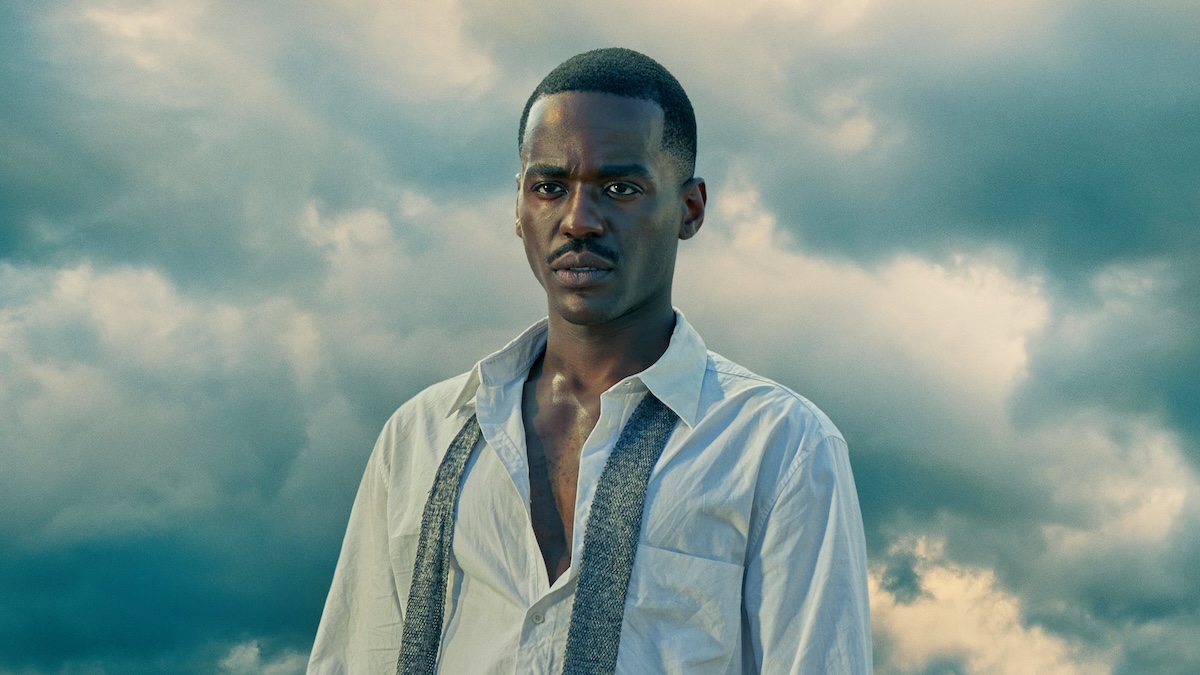
Christopher Eccleston’s Ninth Doctor bid a tearful farewell to Rose before regenerating, but now… out popped Tennant’s grinning Ten, so what happened between that trio? It would make no sense for Rose to ditch Nine for Ten, so did Ten’s adventures with Rose even happen now? When Peter Capaldi’s Twelfth Doctor gave a lovely emotional speech about making peace with the end of his own identity, has that been undercut by him actually sharing a scene with Jodie Whittaker’s Thirteenth as the TARDIS was in free fall? And none of those past versions could have been given a duplicate of the TARDIS, as happened between Fourteen and Fifteen in “The Giggle”, so are those poor older Doctors just left to fend for themselves? Did Sylvester McCoy wander around a San Francisco mortuary with Paul McGann for an hour, before deciding to live out his days near the Golden Gate Bridge? I’m all for changing lore to keep things fresh, but when it tramples on the work of past writers, I don’t feel good about it.
“The Giggle” was a brilliant episode of Doctor Who, right up until the Toymaker started to be written like The Master with more costume changes, and the show’s lore was once again altered on a whim for no good reason. I wanted to feel sad for the loss of David Tennant (again), but excited to see Ncuti Gatwa’s take on the character. But now it feels like Doctor Who is scared to kill its darlings, so the cycle of reincarnation on the show has been diluted just so an illogical “Doctorverse” exists.
There was never a problem with how things worked on Doctor Who these past six decades, as you could always have old Doctors interact with the newer ones because of time-travel and explain the age disparity with a few lines of mumbo-jumbo. Big Finish is a business built on producing new audio adventures for past Doctors, so the TV show could do likewise and just decide to commission a run of specials for Paul McGann’s Eighth Doctor if they want to. Or, dare I say it, even recast the older versions like Patrick Troughton or Jon Pertwee, as they did with the First Doctor. It’s hard to see why “bi-generation” was necessary, beyond delivering an admitted surprise and to stir the pot of fan outrage.
And the biggest mystery of all will always remain: why wasn’t Ncuti Gatwa wearing any trousers?
UK | 2023 | 59 MINUTES | 16:9 HD | COLOUR | ENGLISH

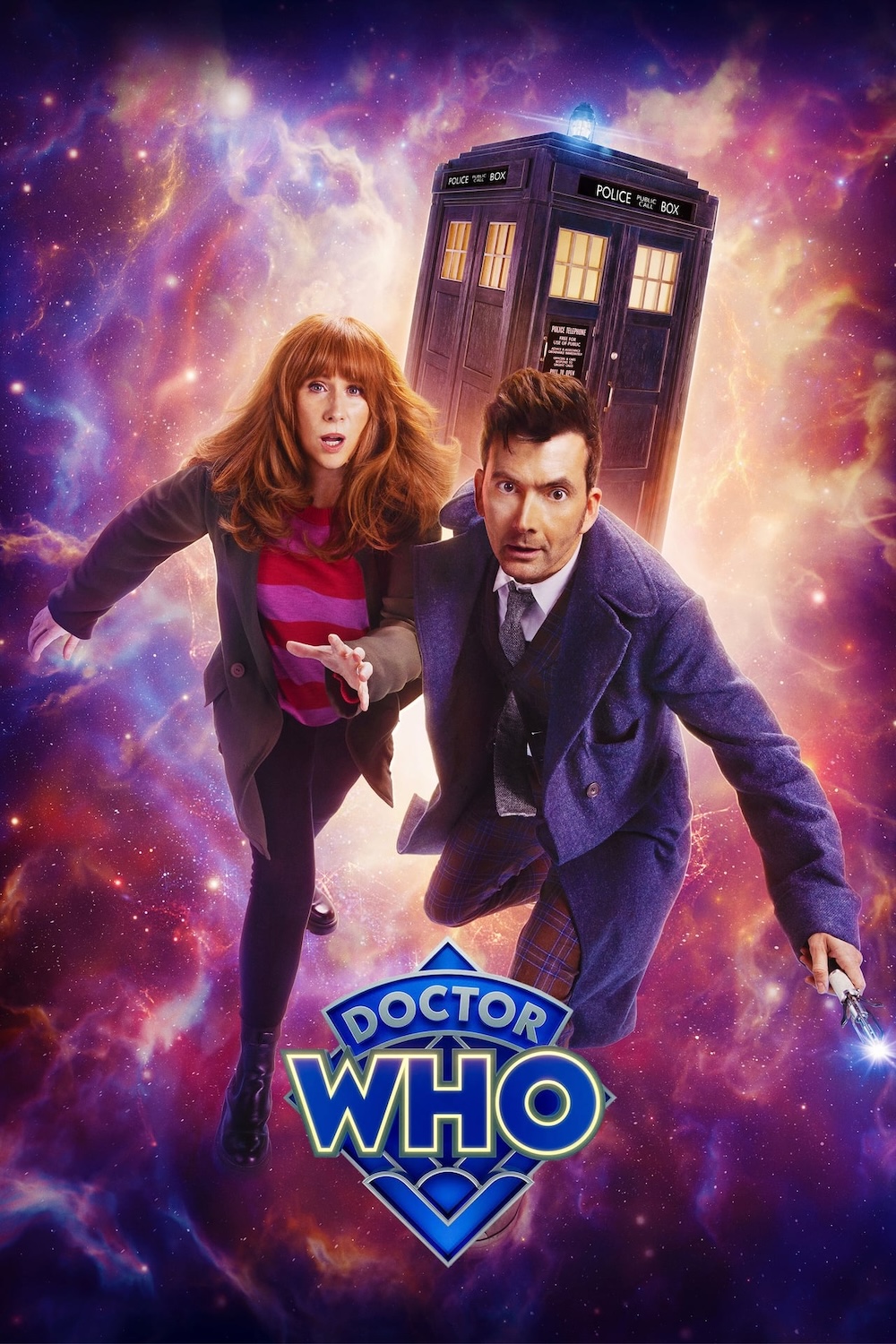
writer: Russell T. Davies.
director: Chanya Button.
starring: David Tennant, Catherine Tate, Neil Patrick Harris, Jemma Redgrave, Charlie De Melo, John MacKay, Ruth Madeley, Bonnie Langford, Jacqueline King, Yasmin Finney & Karl Collins.
